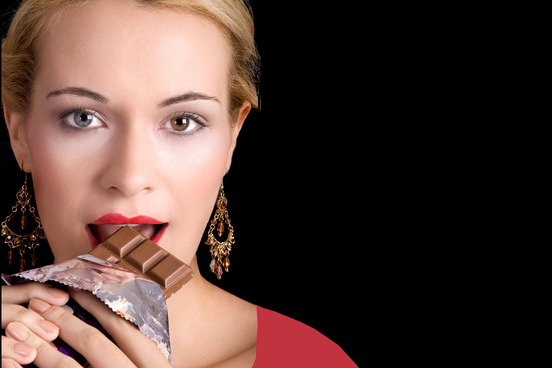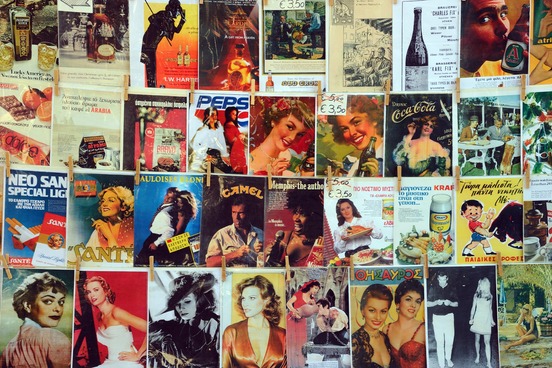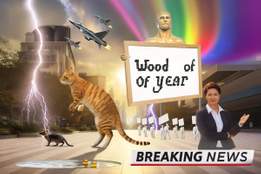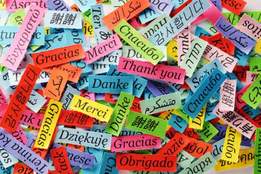
Celebutante
This tabloidy-sounding word is older than most people think.
Celebutante (celebrity + debutante) first emerged during the Great Depression, when - probably even more than today - it contained the mixed baggage of admiration and envy.
The original celebutante was Brenda Frazier, a media sensation who appeared on the cover of Life in 1938 sporting a sidewise glance and one of her signature strapless gowns.

Brunch
This is a classic mashup word, or more technically a "portmanteau word." (Portmanteau once meant suitcase; such words stuff two words into one word.)
Brunch (breakfast + lunch) was first used in 1896, and now even the French say it. Its success has inspired many other attempts to blend mealtimes.
For example: Care for some linner or lupper?
These other mashups haven't caught on, probably because - unlike brunch - the meals they describe remain mostly hypothetical.

Tarmac
Part of a man is buried in that road (sort of).
Engineer John Loudon McAdam developed an early version of the revolutionary paving material in the early 1800s, and named it macadam after himself.
Tar became the most popular binder for it, leading to the word tarmacadam, now shortened to tarmac.

Chocoholic
With its suggestion of unhealthy addiction, this word (chocolate + alcoholic) dates back to 1968, before studies suggested that eating some chocolate, especially the dark stuff, can actually be healthy.
Chocoholic was among the first of the -holic creations, along with workaholic; shopaholic came later.

Blog
Although now fully entrenched in our culture, this word - combining the b from Web and the word log, meaninga journal - first appeared in print only in 1999.
It's unclear who first coined the term, but it was popularized by "Blogger," the service that introduced blogging to a large audience.

Infotainment
This one began life as a dismissive term for "a TV program that presents information (as news) in a manner intended to be entertaining."
In other words: "fluff that real journalists don't make."
More recently, however, it's been seen with an additional, neutral meaning: something (such as one of those screens in the back of an airplane seat) that offers a selection of information or entertainment programming.

Glitterati
A combination of literati, used to describe intellectual elite, with glitter.
In practice, there's limited glitter in the writer's life - so this word is actually used to refer to celebrities or glamorous people from any profession.

Chortle
Chuckle + snort, created by Lewis Carroll in Through the Looking Glass:
"'And hast thou slain the Jabberwock? / Come to my arms, my beamish boy! / O frabjous day! Callooh! Callay!' / He chortled in his joy."
Carroll was a great inventor of mashup words - or, to use the word he coined, portmanteau words. However, not all of his new words caught on.
For example, slithy (slimy + lithe) and mimsy (miserable + flimsy), however delightful, never really made it out of his books.

Advertorial
A print ad deceptively dressed up to look like a genuine newspaper or magazine article.
The origins of the word involve advertisement plus editorial, plus handwringing journalists.
But wait, there's more: Advertorials date back to 1946 - which makes them, perhaps, the grandparents of another mashup, the infomercials that first appeared in force on TV in the 1980s.

Smog
This word, which dates back to the late 1800s, is so engrained in our language that we might not even think of it as a combo.
But there it is, (un)clear as day: smoke and fog.





